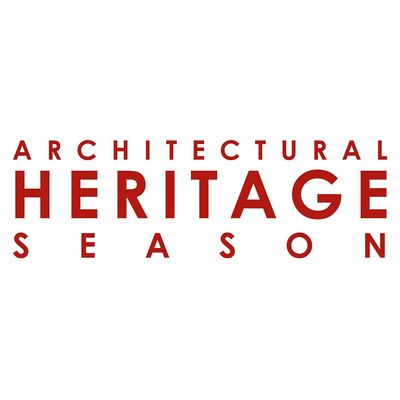![AHS 2024 Beyond Buildings: Sustainability in Built Heritage [CPD Pending]](https://cdn.stayhappening.com/events5/banners/1faedea54d9d7018ab60c06189c23f27d64ae1cddc8862035a50181058d15fb3-rimg-w1200-h675-dc020403-gmir.jpg?v=1730754422)
About this Event
The preservation and safeguarding of built heritage is a multifaceted endeavour that extends far beyond the confines of individual structures. Whilst the physical integrity and authenticity of a heritage building remains crucial, our approach to conservation must evolve to encompass broader considerations. In this, we will take a broader look at sustainability and its intersection with built heritage through various lenses such as our physical and cultural landscape, materials and standards, the natural environment and the resultant challenges that will need new ways of solutioning.
To explore some of these vital aspects, we invite you to attend 'Beyond Buildings: Sustainability in Built Heritage', a symposium featuring industry leaders from France and Singapore. This event, held in conjunction with the France-Singapore Joint Year of Sustainability, offers both in-person and online participation options, providing a platform to delve into the future of heritage conservation and sustainability.
The symposium will be held in-person and online.
Please note: CPD Points pending and will be advised at a later date.
Registration begins at 2:00pm.
* Photo adapted from and courtesy of Masao Nishikawa
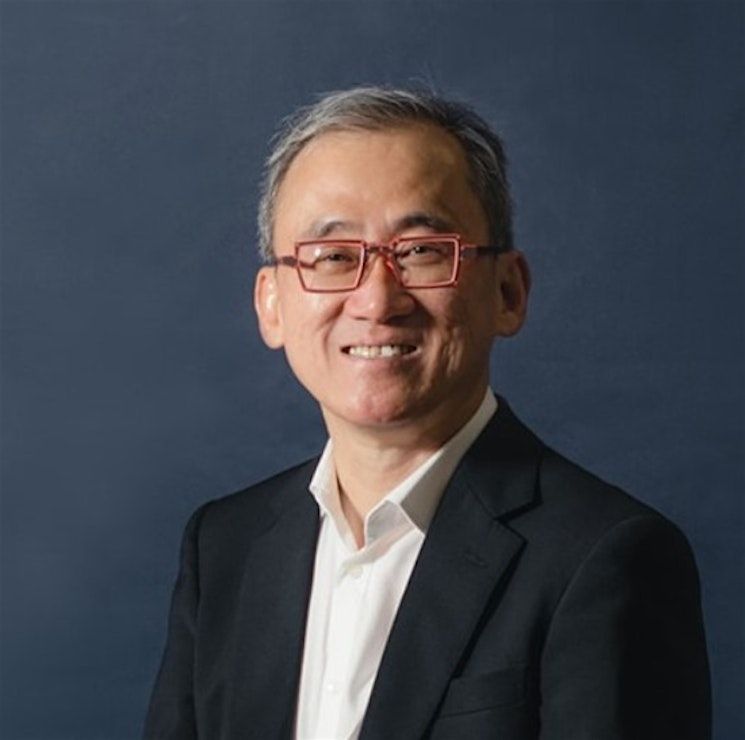
The symposium will be moderated by Prof Tan Kok Hiang, a practising Architect who sits on multiple panels, including as Chair of the Preservation of Sites and Monuments Advisory Board. He was named Designer of the Year at the President's Design Award, 2014.
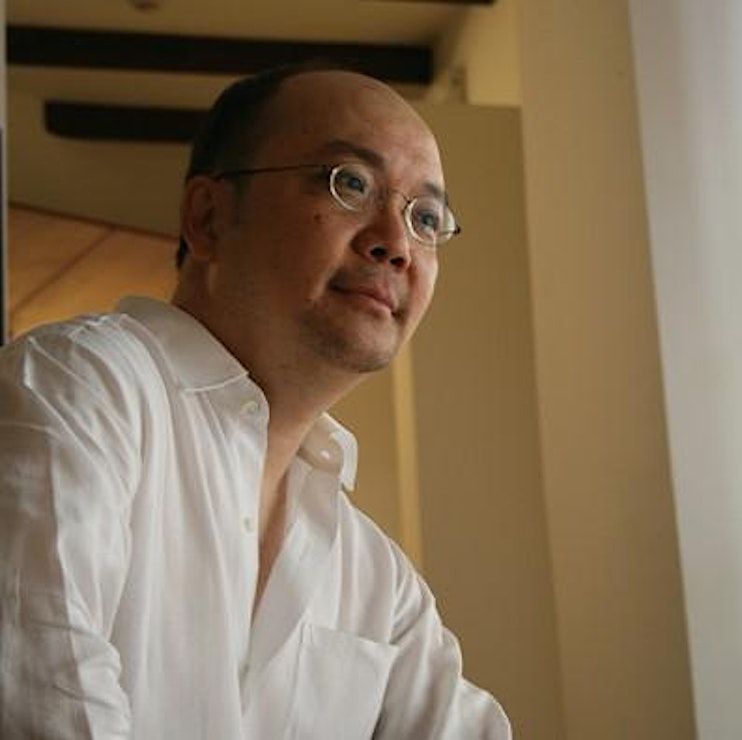
Speaker: Tan Kay Ngee – Principal Architect, Kay Ngee Tan Architects
Atbara and Inverturret: In Search of Architect Bidwell’s Early Years and His Time
Atbara and Inverturret Houses, jewels of Singapore's Gallop Extension, stand as prime examples of Singapore’s colonial architectural heritage. Built in 1898 and 1906 respectively, these structures reveal the evolving vision of a young architect, Regent Alfred John Bidwell. The restoration efforts I led from 2016 to 2022 unearthed fascinating connections to 19th-century English architecture. Through archived drawings and on-site evidence, we traced Bidwell's inspirations to pioneers like William Morris, Edward Lutyens, and C. F. A. Voysey. This research illuminates why these neighbouring houses exhibit strikingly different architectural languages. It paints a picture of Bidwell in his formative years, boldly experimenting and innovating while paying homage to English architectural traditions from his tropical outpost in Singapore.
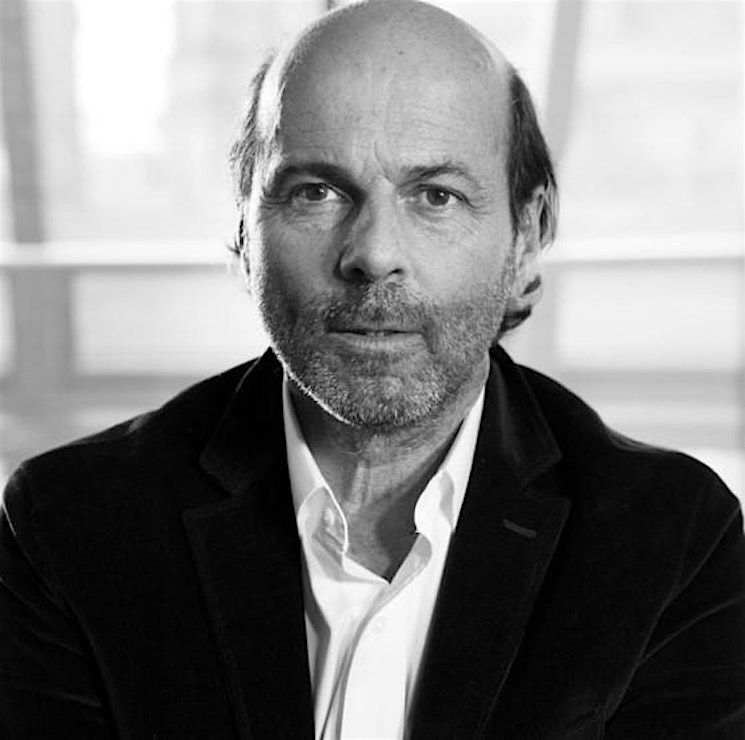
Speaker: Philippe Prost – Founder, Atelier d’Architecture Philippe Prost; Professor, École Nationale Supérieure d’Architecture Paris-Belleville
The Environment and Heritage: Memory and Sustainability in Architecture
Heritage today increasingly aligns with environmental concerns, moving beyond the traditional focus on 'old stones'. This shift recognises that heritage, enduring through generations, embodies principles of adaptation for longevity. As we face environmental challenges, it is crucial to return to the art of transformation and resource efficiency that have guided architecture for millennia. For thirty years, my work has centred on weaving links between old and new, with memory as a core element. From the fifteen-year restoration of the citadel at Belle-Île-en-Mer to the environmentally-conscious rehabilitation of the Cité des Électriciens, supported by the EDF Low Carbon Foundation, these projects demonstrate how architecture can express and support of memory. By deciphering historical and material layers, we can sensitively transform structures, viewing them as both collages and palimpsests. Architecture can also serve a commemorative purpose as a monument, as exemplified by the Ring of Remembrance, my World War I memorial which uses innovative techniques to ensure longevity. This integration of memory, sustainability, and innovation points towards a more environmentally conscious architectural future.
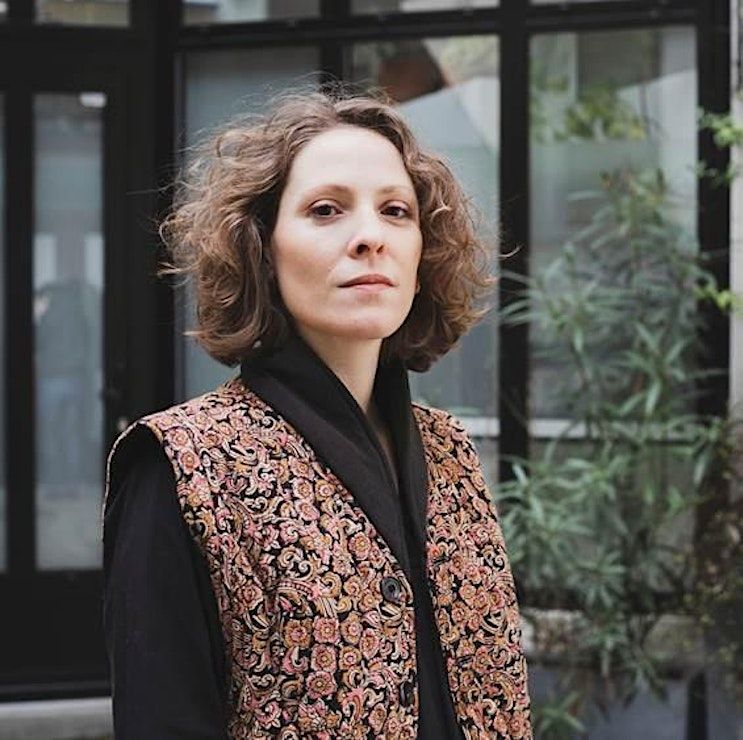
Bérénice Gaussuin – Preservation architect; Associate Professor, L'École nationale supérieure d'architecture de Clermont-Ferrand
Heritage Value and the Conflicts of Protecting Wildlife Living in Historical Monuments
The synergy between built and natural heritage is self-evident. Built heritage inherently aligns with ecological principles: it's reusable, thus conserving materials, and its longevity embodies sustainability. This presentation explores the alliance between built and natural heritage through the lens of protected wildlife inhabiting listed historic monuments in France, with a focus on three compelling case studies: La Chapelle Gauthier castle, Notre-Dame de Paris, and Roquefavour Aqueduct. These examples illuminate how architectural preservation can coexist with and even enhance natural conservation efforts, demonstrating the potential for the harmonious integration of human-made structures and wildlife habitats. This intersection of cultural and natural heritage offers valuable insights for future conservation strategies.
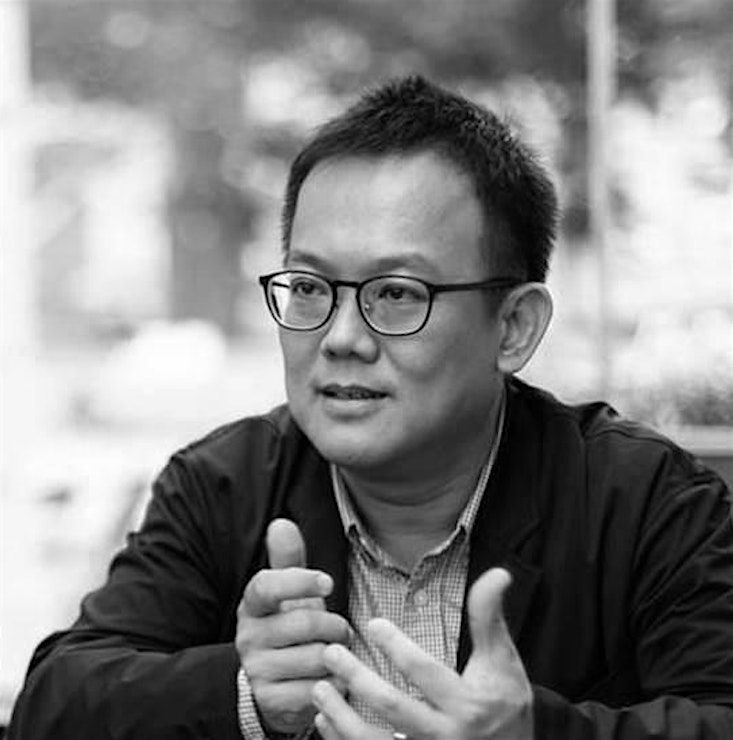
Speaker: Ho Weng Hin – Co-Founder, Studio Lapis; Chair, Docomomo Singapore; Vice President, ICOMOS ISC20C; Adjunct Associate Professor, National University of Singapore School of Architecture
Rethinking Modernism: Sustainability and Reuse of 20th Century Heritage
Modernist marvels of the 20th century are increasingly valued as cultural treasures embodying the innovative spirit of their creators. Singapore's conservation efforts, exemplified by Golden Mile Complex and Jurong Town Hall, not only honour human ingenuity but also address pressing environmental concerns. By breathing new life into these structures, we reduce waste, preserve embodied energy, and mitigate climate change. This approach marks a significant shift from the wasteful 'clean slate' mentality of urban development. Embracing creative and sustainable retrofitting could revolutionise construction, real estate, and heritage conservation, paving the way for a vibrant, low-carbon future. This paradigm shift represents a crucial step towards a more sustainable world for generations to come.
Event Venue & Nearby Stays
The URA Centre, Function Hall, Level 5, 45 Maxwell Road, Singapore, Singapore
SGD 0.00
